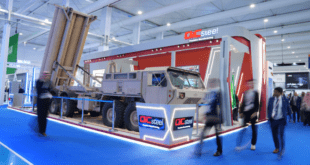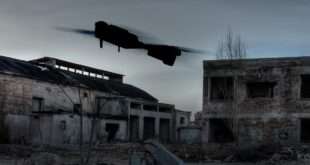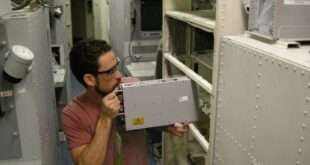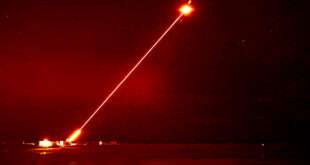Thermal imaging systems are packed full of precision mechanics, delicately tuned optics, electronic components, and other parts that need repairing, replacing or upgrading after a certain number of hours in use. To perform as well as the day they were unpacked, they need to be maintained by specialists — either military personnel or experts from the equipment supplier.
An agile repair and maintenance organisation is key to operational readiness and a force’s ability to accomplish its missions without being endangered by equipment failures. And ultimately, the best solution is to design equipment so it doesn’t fail in the first place.
For the new Sophie family, Thales acted on feedback from end users, optimising everything from system architecture to component design to guarantee high reliability. The result today is the most fail-safe family of thermal imaging equipment on the market. The Sophie Optima, for example, offers a 200% improvement in MTBF (Mean Time Between Failures), meaning it fails three times less often than previous generations of cooled infrared imagers and is much more reliable than competing systems with equivalent range capabilities.
All in the family
The new Sophie models are also easier to maintain than other systems on the market. They have 35% fewer spare parts for intermediate maintenance than competing products, and because they were designed as a family of systems, they share certain part references, making replacement stocks easier to manage. Above all, they were optimised from the outset for high reliability, testability and maintainability, with quick fault detection, easy access to parts that need replacing, standard connectors and tooling, no manual preventive maintenance on detector-coolers and an overall design based on interchangeable blocks. That makes repairs and maintenance quicker and simpler, significantly reducing equipment downtime.
Sophie Optima: lower through-life costs within a new family
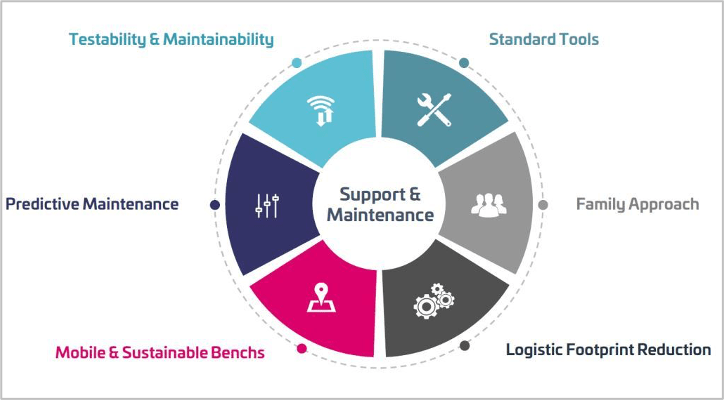
Projectable, sustainable maintenance
The last thing forces in the field want is to have to lug around a ton of extra equipment — because that’s how much a traditional intermediate maintenance bench for optronic equipment weighs. For the Sophie family, Thales is developing a new concept of deployable maintenance tooling for projected forces and rear bases. The entire set-up can be transported in Pelicase© cases and weighs less than 75 kg, making units leaner and more agile and substantially reducing the force’s logistics footprint.
An upgrade path is available for customers who have already acquired maintenance tooling from previous Sophie generations to safeguard their investments over time.
Integrated logistics management
To optimise repairs and maintenance for Sophie thermal imagers, Thales’s logistics management and predictive maintenance solutions can be fully integrated with the customer’s own ordering and HUMS information systems. This makes flows of information smoother and more reliable, allowing for real-time fleet management, simpler administration, and significantly shorter turnaround times for repair and maintenance operations.
Transfer of maintenance
When customers need more autonomy, Thales can also arrange a transfer of maintenance, providing training, spare parts, technical assistance and appropriate benches to support the fleet locally within the customer’s maintenance facilities or with a local partner. For general or specific maintenance operations, customers can always rely on Thales repair workshops near the production line in Elancourt, France, where their products will be handled directly by our logistics support engineers and repair specialists.
 Defense Arabia Defense Arabia is your source for the latest news on defense, national security and analysis in the Middle East.
Defense Arabia Defense Arabia is your source for the latest news on defense, national security and analysis in the Middle East.

